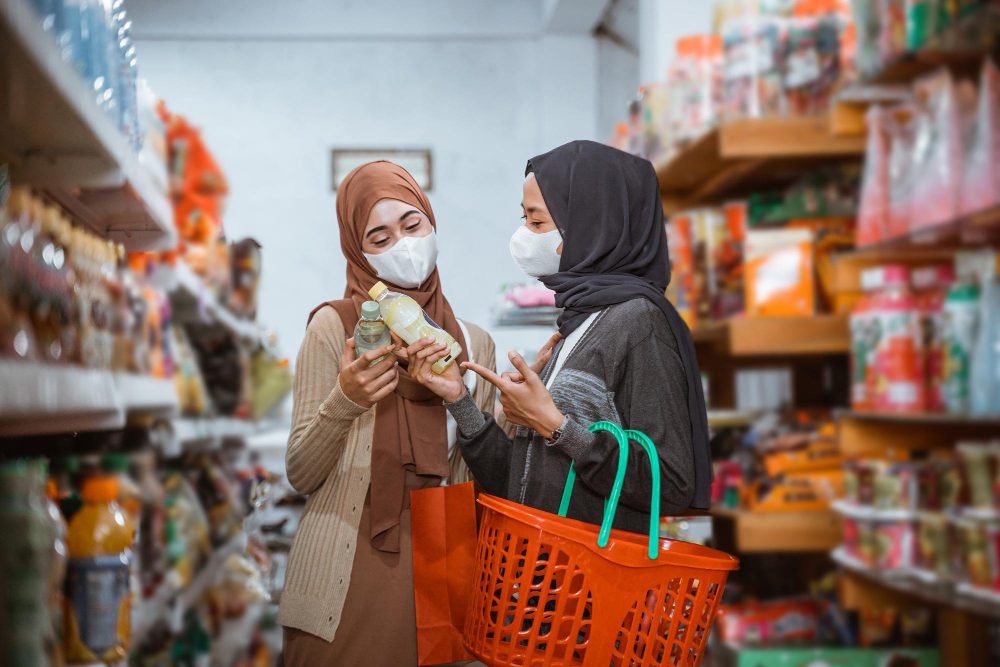Public Responses Towards Calls to Boycott Certain Products

Currently, the term “boycott” is a hot topic on social media. Many people are calling for a boycott of certain products. So, what is a boycott? According to the website esi.kemdikbud.go.id, a boycott can be defined as the attitude and action of not using, buying products, or dealing with certain individuals or organizations. A boycott is a form of protest against something considered harmful.
A boycott can arise due to human rights violations, worker exploitation, environmental damage, or other social issues that harm many parties. In this digital era, where everyone can easily access the internet, calls to boycott certain products via social media can quickly spread to various groups.
In Indonesia, there is a growing movement to boycott products that support or are affiliated with the genocide in Palestine. Many support this call to boycott, but there are also those who disagree for various reasons. Observing this dynamic, IHATEC Marketing Research conducted a survey related to boycotts in Indonesia. This survey was conducted from February to March, involving more than 450 respondents in four major cities in Indonesia: Jabodetabek, Surabaya, Medan, and Makassar.

The survey results indicate that public attitudes towards boycotts are not yet firm. The highest percentage, 30.5%, represents people who continue to buy boycotted products but reduce the quantity or frequency of their purchases. Meanwhile, the lowest percentage, 6.4%, represents those who will not buy the boycotted products at all. Additionally, 24.1% of respondents continue to buy boycotted products without regard to the boycott issue.
Further questions in the survey revealed the reasons behind the boycott actions for respondents who chose the following attitudes: (1) trying to find alternative similar products that are not boycotted; (2) not buying the boycotted products temporarily until the boycott issue subsides; and (3) not buying the boycotted products again.

As many as 55.8% of respondents boycotted as a form of support for Muslims in Palestine/Gaza. As we know, there is currently an ongoing genocide in Palestine.
The boycott actions by the Indonesian public are a form of support for justice and human rights issues occurring in Palestine. Although there are still pros and cons, the consumer voice in this boycott has a strong role in demanding justice. Hopefully, in the future, this will inspire more people to take actions that bring positive change and create peace.
READ OTHER ARTICLES IN HALAL REVIEW MAGAZINE



